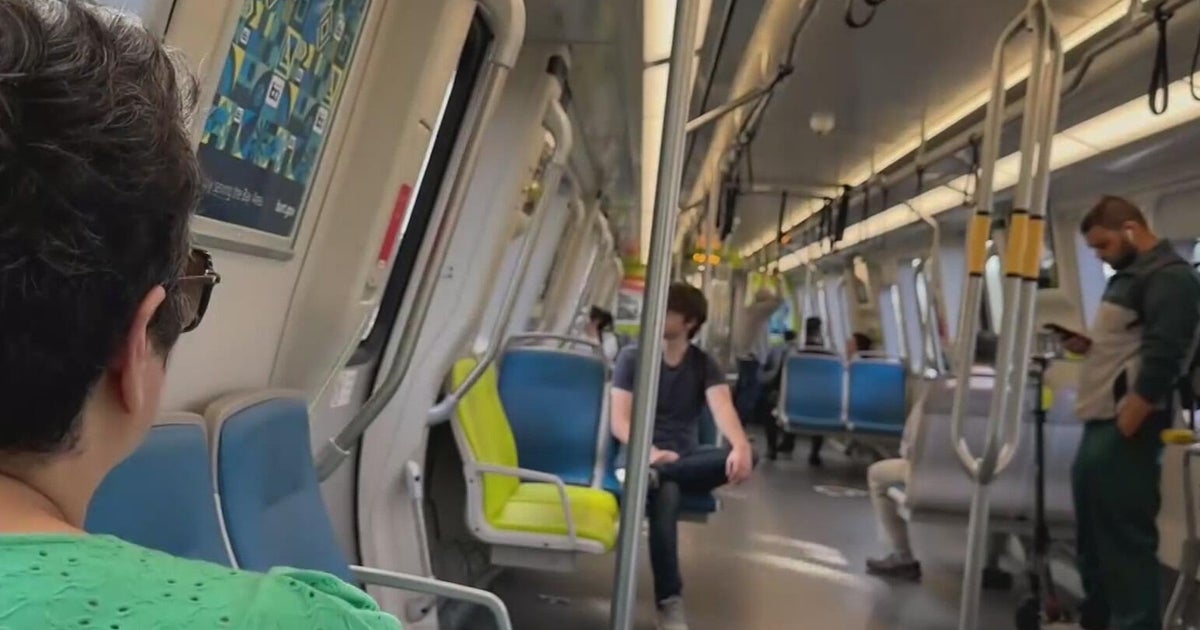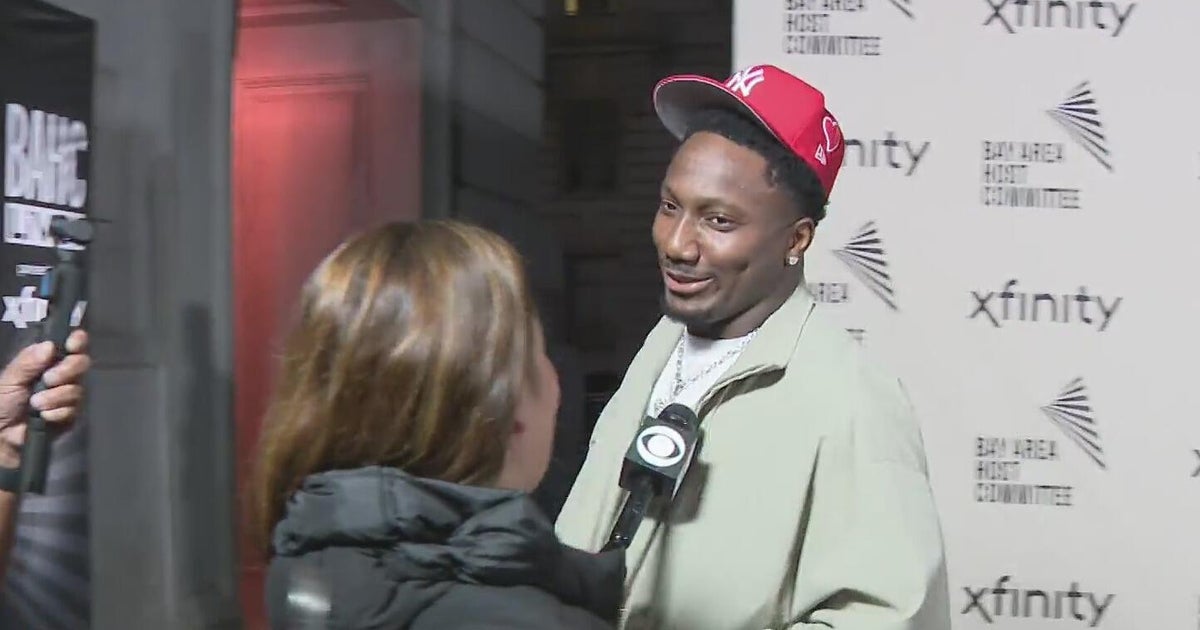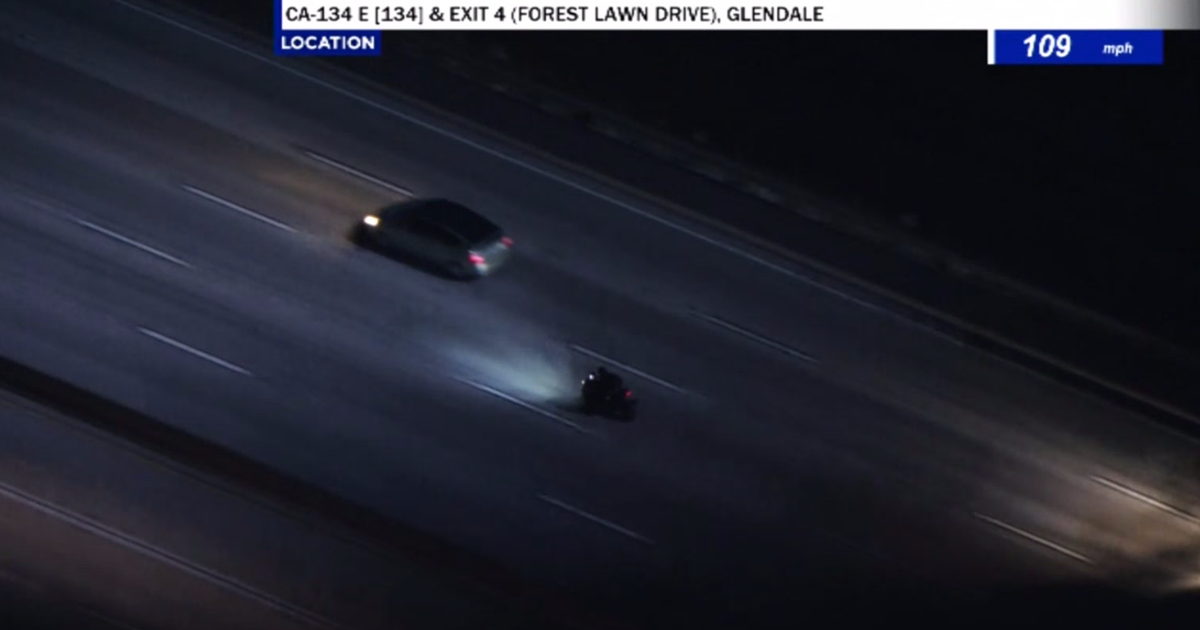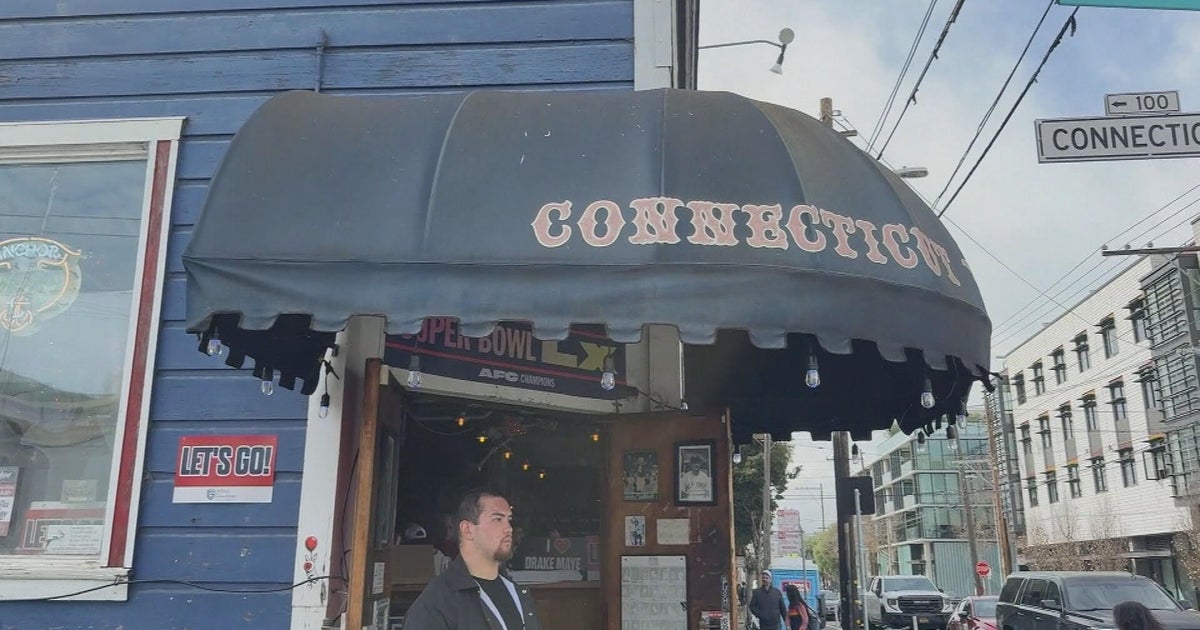VR360: BART enthusiast still optimistic about system's future despite current issues
Put on your goggles or move your mouse and click to experience the story in virtual reality.
SAN FRANCISCO — Despite the problems plaguing BART, some riders are happy to continue using the transit system they love and are optimistic it will recover.
Regular BART rider Jason Morris has been obsessed with trains ever since he was a little kid. It's why Morris, an environmentalist working for a San Francisco-based nonprofit, used to ride the rails along with his 10-year-old daughter as often as he could.
"We would go to Oakland A's games and take it to the Coliseum. We would go into the city at the holidays for example and go see 'The Nutcracker,'" he said.
Being able to take the train everywhere was the main reason he eventually moved from the hustle and bustle of San Francisco to quieter, more affordable Berkeley.
ALSO READ: More stories on BART
"We lived in 550 square feet with no access to the outdoors. So when it came time to think about having kids and buying a home, we knew we had to get out of the city," he said.
But even though he's a self-described BART enthusiast, the only time you'll see him on the train these days is on his way to and from work.
"It's more challenging now. so we drive, which I would prefer not to do," he said. "From my standpoint, we need to do everything we can to get cars off the road and fossil fuels out of the system."
Since COVID, transportation agencies everywhere have been struggling to bring back customers.. Few have been hit as hard as BART.
This once shinning jewel of the Bay Area's transit system seems to have lost its luster, with ridership at 45% of pre-pandemic levels.
One of the main reasons is the rise of remote work. Morris used to take BART at least five times a week. Now it's down to three.
"I work from home Monday and Friday and go into San Francisco Tuesday, Wednesday and Thursday," he said.
The decrease in ridership hasn't only affected revenue. During the pandemic, BART added more cars per train to allow for social distancing. But that had the unintended consequence of making riders feel more vulnerable. Recently, BART returned to shorter trains in an effort to reverse that perception.
"It feels safer," Morris said. "It feels like there are more sets of eyes paying attention to what's going on and that gives me peace of mind commuting."
But that may not be enough. A recent EMC Research poll found that 46% of riders said they personally witnessed a crime on BART.
Of those surveyed, safety and cleanliness were the biggest concerns. Nowhere is that more evident than at the 16th Street station in the Mission District. Get off the escalator and you'll see people passed out on streets filled with tents that at times resemble Third World slums.
"You never know what you're going to see when you get off on 16th Street," Morris said. "It's not something I would choose to take my family to and see this kind of thing, so we go to different parts."
He said whenever he is around that area, he stays hyper vigilant.
"My ear buds are in my pocket; they're not in my ear," he said. "My phone is in my pocket and I'm just paying attention. I'm just watching my space. I'm watching other people's space and heading from where I am to where I need to go. It's not a place to hang out."
But this isn't the only problematic area. As he came out of Civic Center Plaza, a man on a bike chased him with a rod. Thankfully, the man leaves without any altercation
"This is one of the most challenging parts," Morris said soon after. "We're right on the edge of the Tenderloin and Mid-Market and this is where the change is happening."
But even after that, Morris said he's optimistic that the city and BART are on the right track.
"I want BART to succeed," he said. "I'm in essence a cheerleader for that experience. Do I always have a positive experience? No. But I have a positive experience most of the time and that's why I continue to commute that way."







